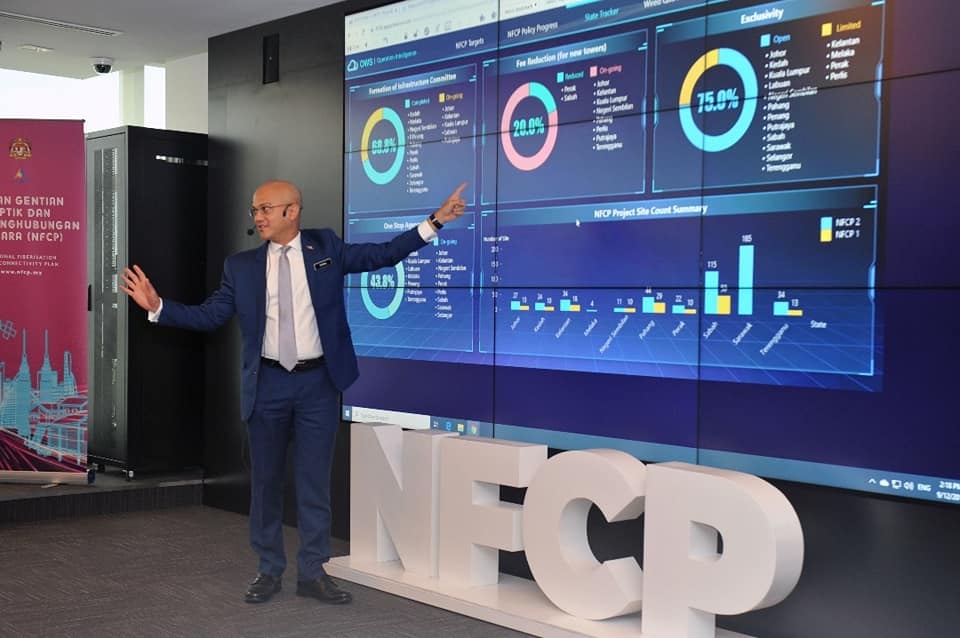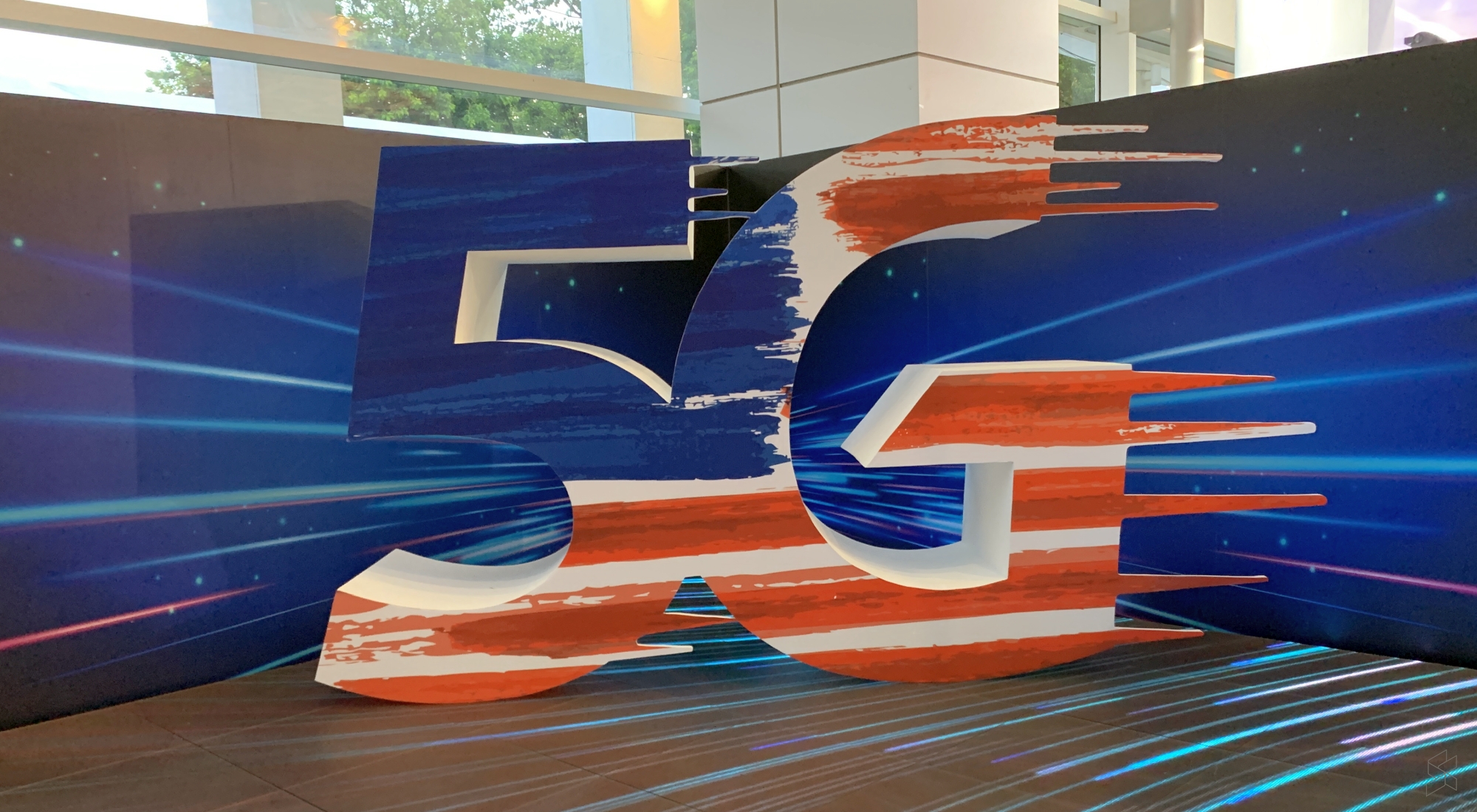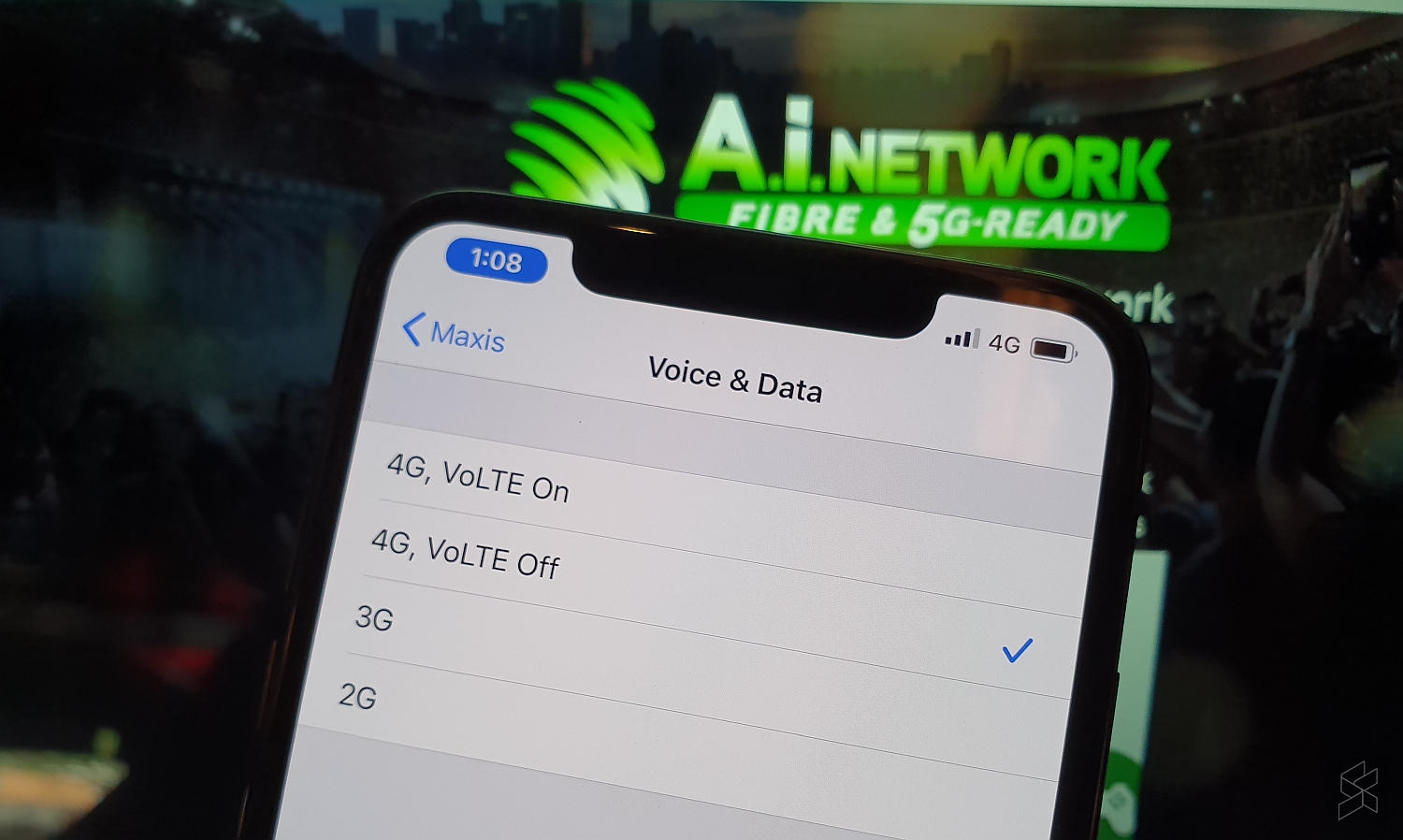Prime Minister Muhyiddin Yassin has announced Jalinan Digital Negara (JENDELA), a plan that aims to upgrade Malaysia’s digital communications infrastructure. JENDELA will be initiative under the 12th Malaysian Plan which will run for 5 years from 2021 to 2025.
Expand 4G and gigabit connectivity
JENDELA Phase 1 which starts immediately will focus on 3 targets namely:
- Expand 4G mobile broadband coverage from 91.8% to 96.9% in populated areas.
- Increase fixed broadband speeds from 25Mbps to 35Mbps.
- Enable 7.5 million premises with gigabit fixed broadband access.
JENDELA will also work towards shutting down 3G networks in stages until the end of 2021. The move will also improve existing 4G networks which will serve as a foundation towards 5G readiness.
Focus on Sabah and Sarawak
Phase 2 of JENDELA will focus on transitioning towards 5G. Muhyiddin added that Sabah will greatly benefit from the development when it’s implemented in the state from 2020 to 2022. A total of 382 new communication towers will be erected while 924 communication transmitters on existing towers will be upgraded under the Universal Service Provision (USP) Fund.
Meanwhile, 35 new towers and 1,048 transmitters will be upgraded commercially by providers to increase 4G coverage. A total of 251,166 premises in Sabah will be provided with fibre optic connectivity.
In Sarawak, 636 new communication towers are being planned while 977 transmitters on existing towers will be upgraded under the USP fund as well. Meanwhile, 49 new towers and 825 existing transmitters will be upgraded commercially. A total of 43,013 premises will be provided with fibre optic connectivity in Sarawak.
Cooperation needed with local authorities to expedite roll out
The Prime Minister hopes to expedite the planning and execution infrastructure works to ensure that high speed and high quality connectivity can be delivered to consumers as quickly as possible. He urge all parties including state government and local government authorities, ministries and relevant agencies to provide their cooperation to support the government’s aspiration to treat communications services as a utility to drive the digital economy.
The Communications and Multimedia Ministry and the Malaysian Communications and Multimedia Commission (MCMC) will ensure providers implement JENDELA initiatives according to plan with the support of state and local governments.
Replacement of NFCP?

JENDELA appears to be a replacement for the National Fiberisation and Connectivity Plan (NFCP) that was launched by the previous administration. The NFCP which costs RM21.6 billion was a 5 year plan to provide nationwide connectivity that is robust, pervasive, high-quality and affordable to all Malaysians. The plan targets to provide an average speed of 30Mbps in 98% of populated areas by 2023 and Gigabit speeds in selected industrial areas by 2020 as well as all state capitals by 2023.
In terms of 5G, Malaysia will miss its Q3 2020 roll out target as the 5G spectrum bands have yet to be assigned to telcos. Early this year, the MCMC had announced that the 5G spectrum will be assigned to a consortium with the aim of reducing cost, avoid network duplication and to speed up deployment.

After the change of government early this year, the assignment of 5G spectrum is still up in the air and this would delay commercial deployment. The Minister of Communications of Multimedia, Saifuddin Abdullah, had initially assigned the 700MHz spectrum to 5 telcos in May using Ministerial orders. However, he later retracted the assignment after the move was heavily criticised. At the moment, there’s no new date for 5G roll out in Malaysia.
Under the JENDELA plan, the move to shutdown 3G by 2021 would force telcos to adapt to newer technologies that are more efficient. At the moment, 2G and 3G are still used in rural areas and the existing spectrum could be refarmed for 4G and 5G which provides faster speed and capacity.

On top of that, the move to shutdown 3G would also force all telcos to enable Voice over LTE (VoLTE) which provides clearer and reliable voice calls. Without VoLTE, your phone will have to switch to 3G whenever a call comes in, which will obviously slow down your mobile data.
It is worth pointing out that not all 4G telcos in Malaysia offer VoLTE extensively. Maxis which promotes itself to be 5G ready is still relying on 3G for voice calls while Celcom offers VoLTE only for selected iPhone models.
[ SOURCE ]








